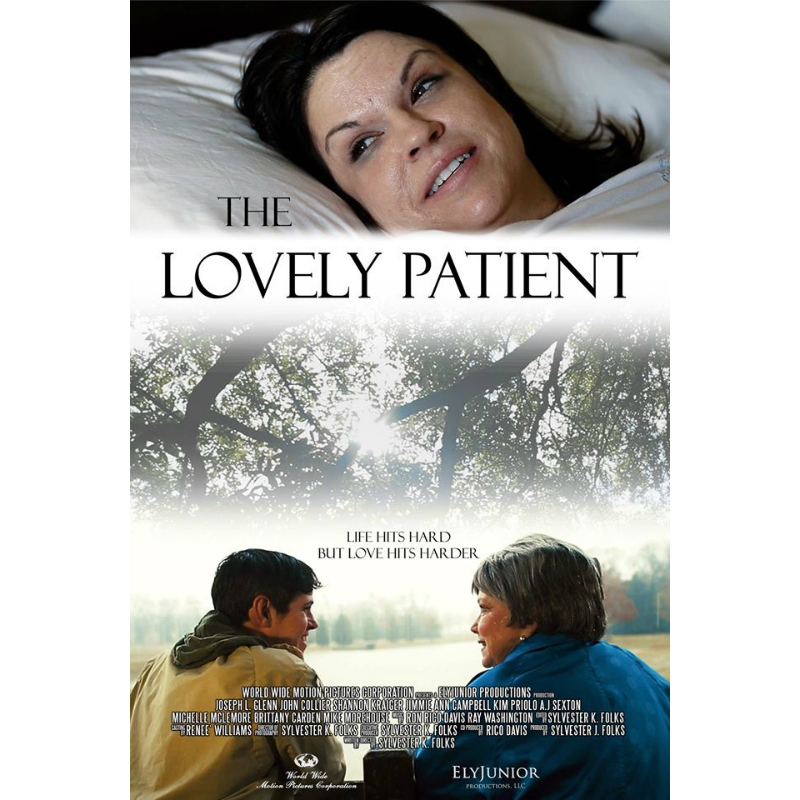
Happy Women’s history month! Female directors may be a rarity in Hollywood today, but women were a much larger part of the film industry at the beginning of the silent film era. Before film was seen as a lucrative commercial enterprise, filming was often done as an artistic hobby. One of the most influential directors of her time, often overlooked in history books, was Alice Guy-Blache, who wrote, directed, and produced more than 1,000 narrative films in France between 1896 and 1907, and in the United States from 1910 to 1922. She is sometimes credited as the woman who began the narrative story style everyone enjoys today.
During the 1900’s, female directors were pioneers in primitive color techniques, such as hand painting and stamping, and they helped in creating the first examples of sound in film by recording on wax cylinders. By the early teens and the 1920’s men invaded the directing roles and women were pushed to working on writing screenplays. Additionally, at the end of WW1, society pushed women back into their domestic roles as the men returned home from war. Currently only 11 % of films have a female lead actress, and only four women have ever been nominated for Best Director by the Academy. Those women were Lina Wertmuller in 1977 for Seven Beauties, Jane Campion in 1994 for The Piano, Sofia Coppola in 2004 for Lost in Translation, and Kathryn Bigelow, who was the only woman to win in this category for The Hurt Locker in 2010. In 2013, not a single female was nominated in the Directing, Cinematography, Film Editing, Writing, or Music categories, and across the 19 categories only 35 women were nominated in total, while 140 of their male counterparts were nominated.

The Academy took eighty-one years to award a single female director, which is a shocking statistic, but women directors continue to be very successful in their work. Penny Marshall was the first female director whose film made over $100 million dollars (Big, starring Tom Hanks), and A League of Their Own starring Madonna, and she was never nominated for the outstanding work. Tamar Simon Hoffs is another under-appreciated director, writer and producer, who is most known for her work in Red Roses and Petrol, distributed by World Wide Motion Pictures, where she performed all three with skill. Nadia Tass is another, best known for directing Amy. Tass is currently producing a film entitled A Loving Gentleman, which is a love story between a writer and his muse. These and many other women are under-appreciated and overlooked by the Academy, but now that the public is aware of the situation, they can begin to change it. This is a small first step to understand the history of women in film, the public needs to be aware of the hard work these women put into making these films.






